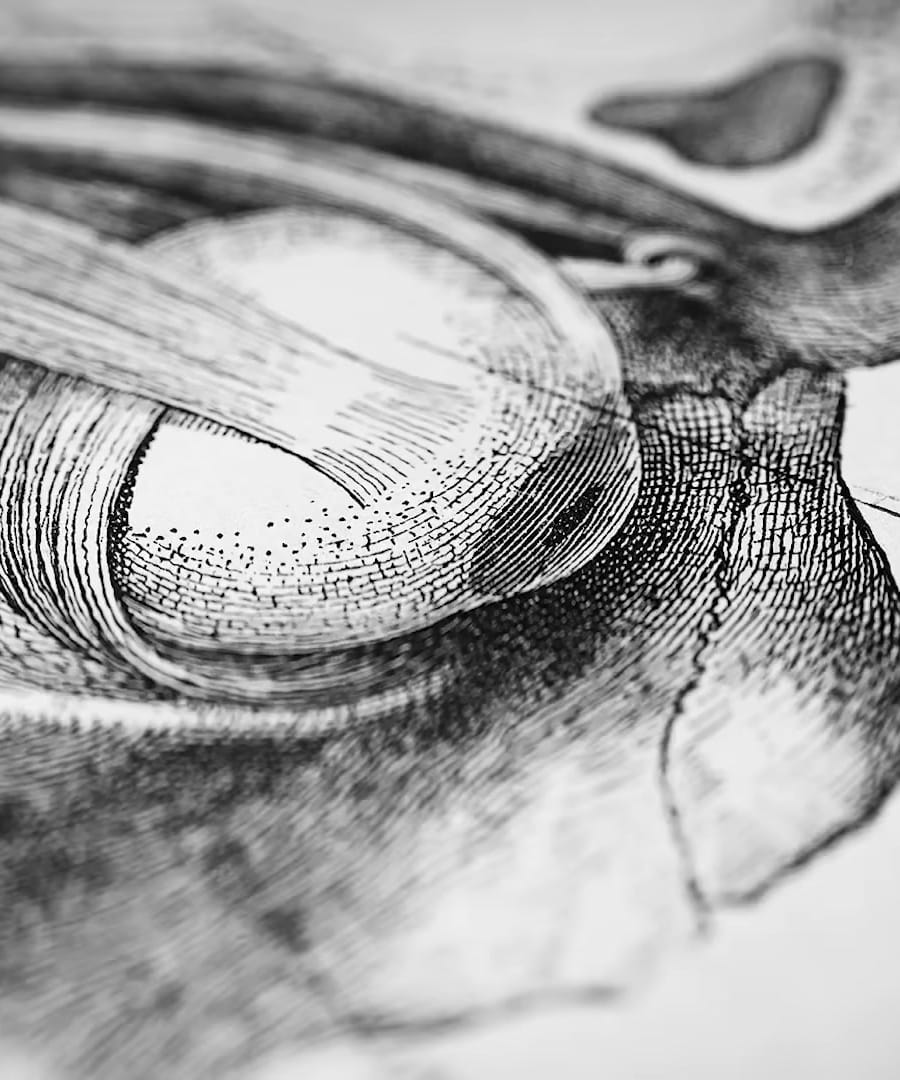Psilocybin
Sources:
Psilocybin, a psychedelic compound, has been a subject of interest for its potential therapeutic effects. It's known to mimic serotonin, a key neurotransmitter, and can lead to significant changes in mood, cognition, and neuroplasticity, lasting well beyond the duration of its immediate effects [1 2].
In clinical settings, psilocybin has shown promise in treating depression, alcohol use disorder, OCD, and eating disorders, among others [1]. However, it remains a Schedule I substance in the U.S., meaning it is mostly illegal except in certain regulated situations, like specific therapeutic settings in Oregon [3].
The therapeutic effects of psilocybin are linked to its ability to enhance brain connectivity and induce lasting changes in neural circuits. Studies suggest it can enhance brain connectivity during and after the experience, potentially supporting therapeutic benefits [4].
Safety is a significant concern. Psilocybin is not recommended for individuals with a predisposition to psychotic disorders, such as bipolar disorder, due to the risk of triggering psychotic episodes [5 6]. Proper setting, support, and guidance are critical for safe and beneficial experiences with psilocybin [7].
RELATED QUESTIONS
Psilocybin
- RELATED QUESTIONS






